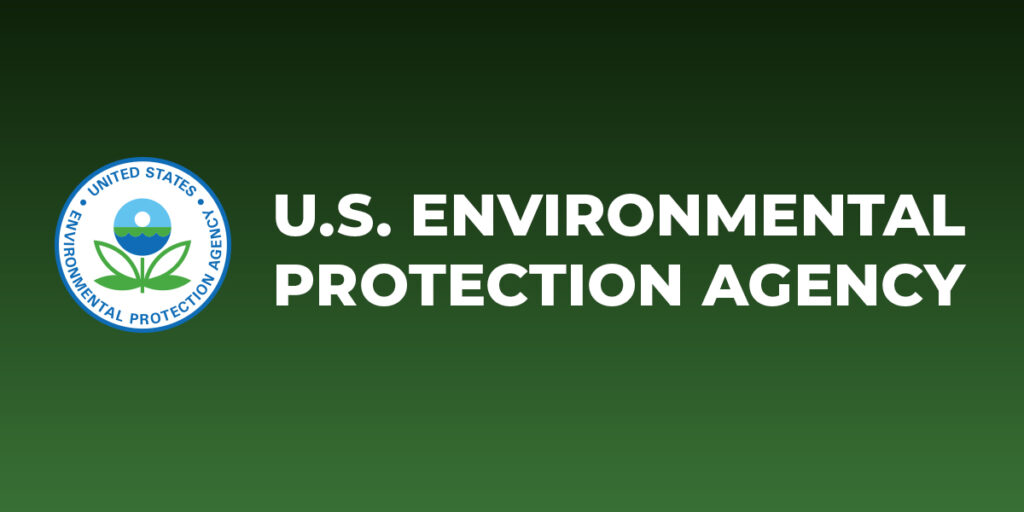 (AGENPARL) - Roma, 18 Settembre 2023
(AGENPARL) - Roma, 18 Settembre 2023(AGENPARL) – lun 18 settembre 2023 Issued: Sep 18, 2023 (12:20pm EDT)
If you wish to unsubscribe please do so
here: http://url6130.epa.mediaroom.com/ls/click?upn=-2BroytcZInNRyuFbAvAoN5aMEQDHIx2RtQl0jT-2FwLgZHafJKm-2F7NYrsKNAZH88rhd98aG2o5sSGIX8iVgGgXwOczi8WNFU0a7GLvUAvQ8R0QCtkuTI4WABymYAm345NQtUg2y_mLoYh0p4AWg4foFr5HgrZ1QioQ33bLwdnQ-2BsYGKFX9mApcfdQmv0-2Bvkdf9kq-2BlYjZwwr26NFAKSfHNaaAv7nnoLYWTejvGL4HrKqiGfR7e3ADAOs6pyIM8zQqu9BqH1QRslrF3IkDsEBNs8iNXfWzoXcSU2u-2B8fQiQYBUhzx5F0LuTU767liifWCFmlISMU15PfQy2QYpOio8i94Re4kO3Xg1XFSXcf5DLo57UoqTWtq5OrcYxmUI6sGW0mhoCBNEF2KIpfOf4hhoMxJCfIb5Q-3D-3D
EPA Kicks Off Eleventh Annual SepticSmart Week
WASHINGTON (September 18, 2023) — Today, the U.S. Environmental Protection
Agency (EPA) is joining state and local partners to launch SepticSmart Week
2023, a week-long annual campaign to educate homeowners and renters on how to
properly maintain their septic systems. When septic systems are
well-functioning, the health of the nation’s communities and ecosystems is
better protected. By being SepticSmart, homeowners can also avoid thousands of
dollars in unnecessary repairs.
“Everyone plays a role in protecting themselves, their neighbors, and the
environment from wastewater contamination,” said EPA Assistant Administrator
for Water, Radhika Fox. “During the eleventh annual SepticSmart week, I
encourage homeowners to learn about EPA’s simple strategies to save money
and safeguard communities.”
Running from September 18 through September 22 this year, SepticSmart week is
a partnership between EPA, state, Tribal, and local officials, wastewater
professionals, and homeowners. See below for SepticSmart tips to follow:
1. Think at the Sink: What goes down the drain has a big impact on your septic
system. Fats, grease, and solids can clog a system’s pipes and drainfield.
2. Don’t Overload the Commode: A toilet is not a trash can. Disposable
diapers and wipes, feminine hygiene products, coffee grounds, cigarette butts,
and cat litter can damage a septic system.
3. Don’t Strain Your Drain: Use water efficiently and stagger use of
water-based appliances. Too much water use at once can overload a system that
hasn’t been pumped recently.
4. Shield Your Field: Tree and shrub roots, cars, and livestock can damage
your septic drainfield.
5. Keep It Clean: Contamination can occur when a septic system leaks due to
improper maintenance. Be sure your drinking water is safe to drink by testing
it regularly.
6. Protect It and Inspect It: Regular septic system maintenance can save
homeowners thousands of dollars in repairs and protect public health.
7. Pump Your Tank: Ensure your septic tank is pumped at regularly intervals as
recommended by a professional and/or local permitting authority.
In addition to the SepticSmart program, resources and support are available
for communities that face challenges with their decentralized wastewater
systems. Through the Closing America’s Wastewater Access Gap Community
Initiative, EPA and the U.S. Department of Agriculture are jointly leveraging
technical assistance resources to help disadvantaged communities identify and
pursue federal funding opportunities to address their wastewater needs. The
Bipartisan Infrastructure Law presents a historic opportunity to invest in
septic upgrades, community wastewater systems, and sewer connections.
Learn more about SepticSmart Week and Decentralized Wastewater Treatment
Workforce.
Background
More than one-fifth of U.S. households utilize an individual onsite (septic)
system or small community cluster septic system to treat their wastewater.
These systems treat and dispose of relatively small volumes of wastewater and
include a wide range of individual and cluster treatment options to process
household and commercial sewage. These systems go by such names as septic,
decentralized wastewater treatment, cluster, package plants, on-lot,
individual sewage disposal, and private sewage. Onsite systems provide a
cost-effective, long-term option for treating wastewater, particularly in
sparsely populated areas. When properly installed, operated, and maintained,
these systems help protect public health, preserve valuable water resources,
and maintain a community’s economic vitality.
To unsubscribe or change your settings click here:
http://url6130.epa.mediaroom.com/ls/click?upn=-2BroytcZInNRyuFbAvAoN5aMEQDHIx2RtQl0jT-2FwLgZFdW2WYdzQmaasDKJ3YChU3QzpqLjt9o0wIeoabUt0oMAPsA3Kpk0pR-2BV7I5Oe4BsA0kN7mnri11iC07X4z3134KC1n2quBcuKEKH4wLgqpfw-3D-3Di2Au_mLoYh0p4AWg4foFr5HgrZ1QioQ33bLwdnQ-2BsYGKFX9mApcfdQmv0-2Bvkdf9kq-2BlYjZwwr26NFAKSfHNaaAv7nnoLYWTejvGL4HrKqiGfR7e1I-2F5iQl5DIRbeDsK9dapPOzit-2BtGegX4eJdSrkrMDI4isI3VUbd2C4HOeOYlCSTLEDMYoTS49ddBF6uKSbluSkL0J4rwRJ2IsznHB8MIRzVGDpgoywULzMQiB7XfX7sm1IKorLcY4I4xF-2FUZVggy-2BPNPUB4DpNOcM7MzsMgMNmiA-3D-3D

